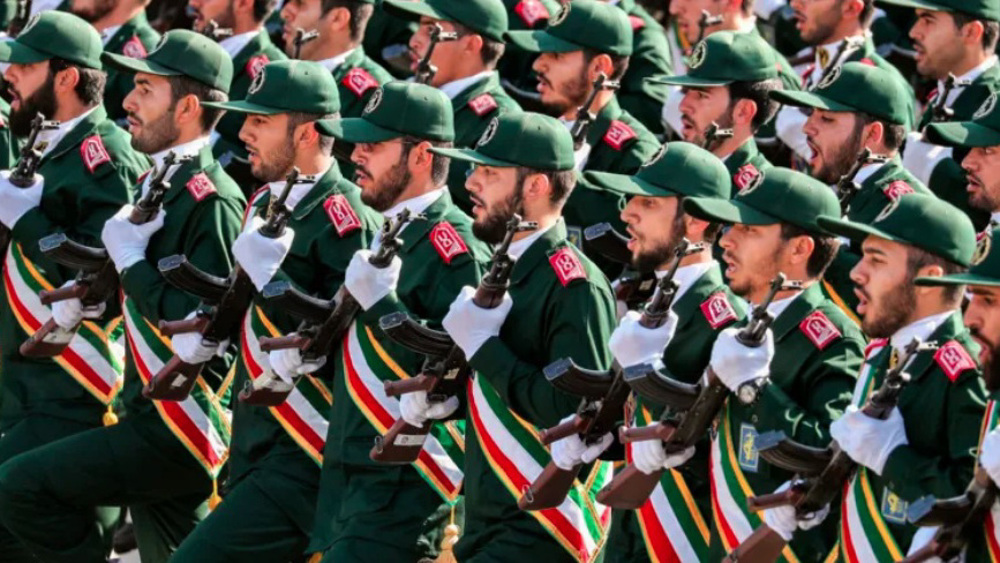'Iran-Russia alliance foils US regime change policy in Syria'
Syria's fight against terrorism seems to be getting close to its final stage. The Syrian army, which is in full control of western Aleppo, is seeking to purge militants from the city’s east, a measure that would deal a crippling blow to terrorist groups active there. Meanwhile, many observers believe that if it weren’t for the help provided by Russia and Iran, the Syrian government would have never been able to survive. On Saturday, in a meeting with Russia's special envoy on Syria, Iranian President Hassan Rouhani once again underlined the need for Tehran and Moscow to continue their joint fight against terrorists in Syria, saying the two nations will continue working together until terrorism is eradicated in the region.
In an interview with Press TV, Mark Weber, the director of the Institute for Historical Review, highlighted the current alliance between Russia and Iran as a vital factor which has foiled the US regime change policy in Syria.
Weber sees the close cooperation among Russia, Iran, and Syria as an expression of bankruptcy or the decline of US power and influence in the region and the world.
“It's [becoming] increasingly obvious to people around the world that the US policy of trying to overthrow the government of President al-Assad has failed. It is based on a very big miscalculation by the Obama administration and it's not going to work. The only way forward is [through] the increasingly stronger and closer alliance, between Russia, Iran and Syria,” he continued.
Weber further noted that if Iran and Russia had not been involved in the Syrian conflict, the world would have been witness to the rise of extremist terrorist elements, adding the fact is widely acknowledged around the globe.
“What everybody is doing is of course trying to understand what we can expect from the new administration that will take power next month in Washington and what changes, if any, there would be in the region. This is a major question because Donald Trump has given conflicting signals during the campaign about what a US policy might be and so that's a big question for the world,” he concluded.
Backed by Russia’s air cover, Syrian army forces and their allies have dealt heavy blows to the militants over the past few weeks.
According to the so-called Syrian Observatory for Human Rights, government forces are now exerting control over 60 percent of eastern Aleppo, which was among the first areas that fell to the Takfiri militant groups following the outbreak of militancy in the Arab state over five years ago.
Iran and Saudi FMs discuss outcomes of latest indirect Iran-US talks
UK's police arrest ex-prince Andrew over sex scandal linked to Epstein
Iran elected vice-chair of UN Special Committee on Charter
Iran envoy says decision made to exchange ambassadors with Egypt
Russia continues to develop relations with Iran: Kremlin
VIDEO | Friends of Palestine meet at UN in Vienna
Trump’s war-mongering on Iran sparks sharp rebuke from US lawmakers
Top American columnist warns of Netanyahu exploiting Trump for Iran war









 This makes it easy to access the Press TV website
This makes it easy to access the Press TV website